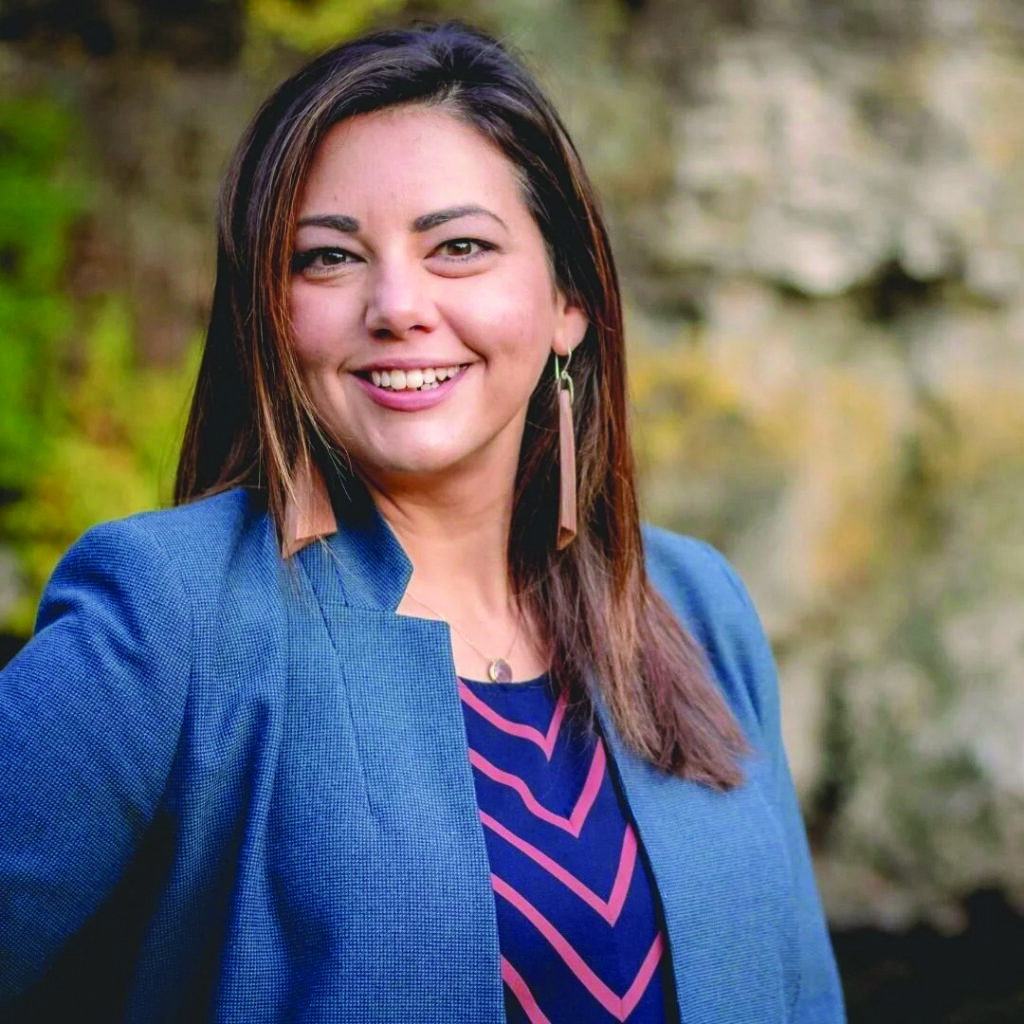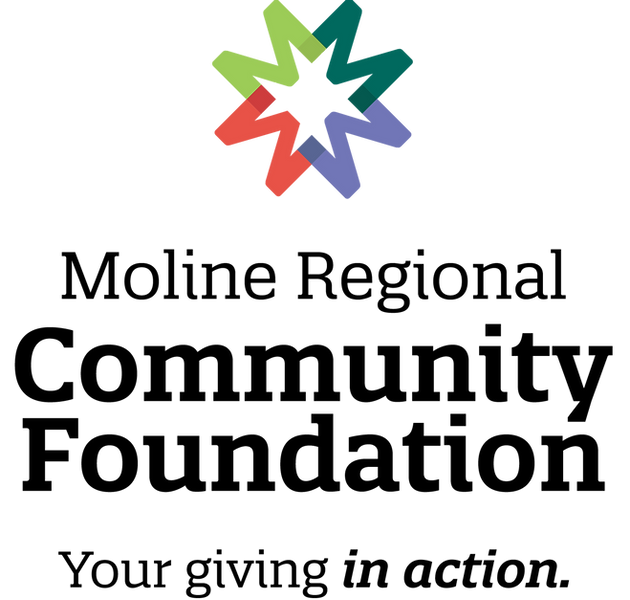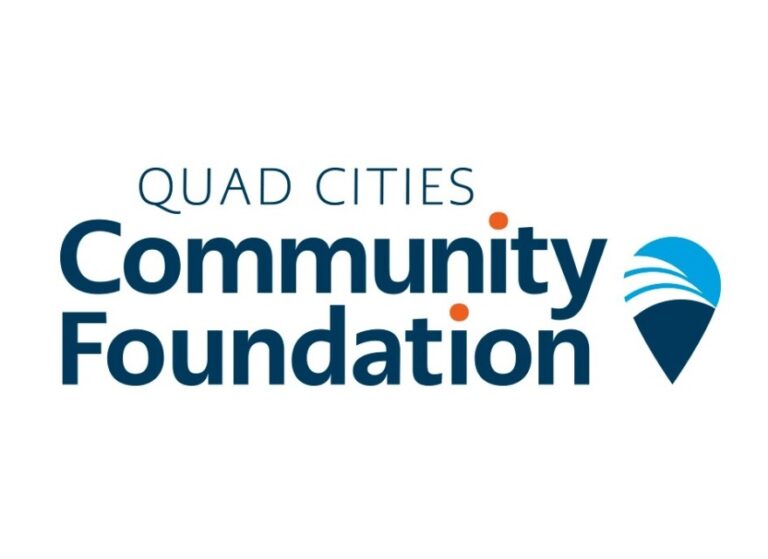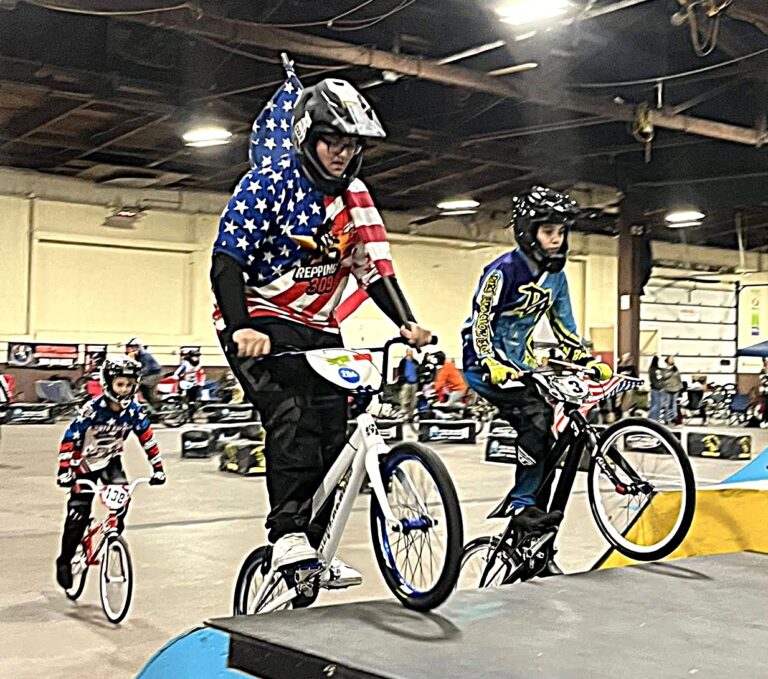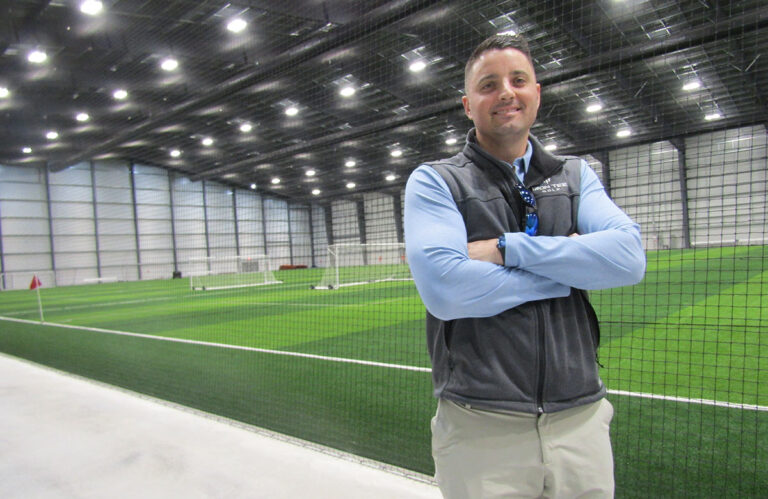“You’re sure you’re okay? You just left.”
“Yes, she’s great!”
“Seriously?”
“They have her. They will take care of her. I trust them.”
A mom recently shared that text exchange with me between her and her husband after their daughter’s first day at Hand in Hand.
They’d never been able to trust anyone to care for their young daughter with disabilities. Never had anyone outside of family who truly understood her.
Then we were there. For the first time, faith that they weren’t alone.
Caring for people with disabilities is my privilege. But for working parents, it can become another full-time job. Exhausting to the point of exasperation. Overwhelming to the point of hopelessness. They love their children unconditionally, but they face daily struggles that most people couldn’t even imagine.
As the Quad Cities’ only organization providing spaces, resources, and opportunities for children and adults of all abilities, Hand in Hand offers relief. Our services are often the difference between a parent who can work and a parent who must stay home to care for their child. That’s what I see every day as our CEO. Support. Community. Care.
And it’s at risk.
Amidst planned cuts to government funding, Medicaid has become a buzzword. You’ve heard of it, but do you understand who it impacts?
The truth is that Medicaid and other government programs serve as a lifeline for a growing expanse of people, including the estimated 13% of our nation’s population who have a disability.
Without it, the following could diminish or disappear:
- 1:1 support for individuals to live independently.
- Respite breaks for caregivers.
- Social activities for children to engage with their peers and learn essential skills.
- Dayhab programs for adults and teens to engage and volunteer in their community.
That’s just the start. At Hand in Hand, we realize the power of inclusion. For many families, we’re the only care option in the area. That’s why we adapt our services to meet a growing need while working to ensure no one is left out. That means we assume a financial burden. A burden that promises to increase with these planned cuts.
We raised more than $770,000 just last year to offset these losses, and we’re beyond grateful to our community for stepping up, but we know that isn’t sustainable.
The reality is that without proper funding, we will have to decrease hours, cut back on services, and potentially even eliminate programming. Individuals, families, and businesses will feel the effect. The same thing will occur in other cities and communities across the state.
The people we serve can’t be left unsupervised. They can’t sit in a room on a screen while their parents take a virtual work meeting. They need the human interaction and meaningful activities we provide to support their cognitive, physical, and emotional health. That’s what unlocks their potential.
So, what can we (collectively) do? Now is the time for thoughtful political leadership. This calls for advocacy and legislation to hold our lawmakers accountable. Putting faces to this issue so that children and adults with disabilities don’t suffer further consequences from these planned cuts.
We need the same political urgency and courage that helped pass the Americans with Disabilities Act (ADA) 35 years ago.
Let your representatives know that disability programming is a community issue, and it spurs workforce development. Supporting organizations like Hand in Hand ensures a stronger community for all of us.
The scene that I described at the beginning with that mom and her daughter: that’s the hope I see daily. I don’t want to envision a world without it.

